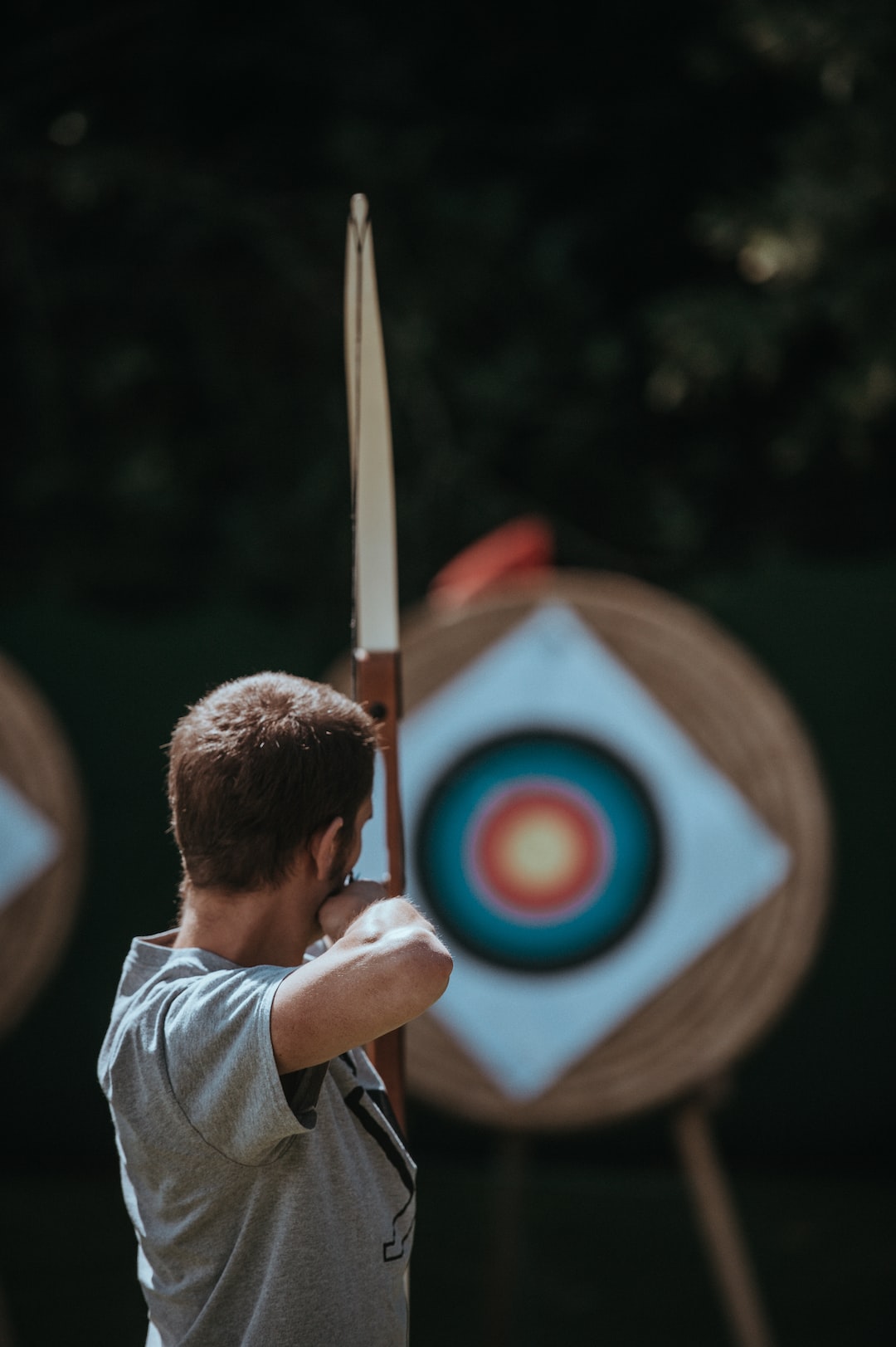How to Train for Your First Marathon
Completing a marathon is a tremendous accomplishment that requires dedication, discipline, and proper training. If you’ve decided to take on the challenge of running your first marathon, it’s essential to approach the training process strategically to ensure you’re adequately prepared. Here are some tips to get you started on your marathon training journey.
1. Set realistic goals: Before diving into training, it’s crucial to define your goals. Are you aiming to finish the race or achieve a specific time? Once you have a clear vision, you can structure your training plan accordingly. Remember to set realistic goals that take into account your experience and fitness level.
2. Establish a training plan: Developing a training plan is essential for long-distance running. Consult with an experienced runner or utilize online resources to create a plan that suits your needs and schedule. It should include a variety of workouts, such as long runs, speed work, and cross-training, while allowing for gradual progression to avoid injuries.
3. Start slow: It’s common for beginners to feel enthusiastic and want to push themselves too hard in the beginning. However, it’s important to start slow and increase your mileage gradually. This approach will help build endurance, reduce the risk of injuries, and allow your body to adapt to the increased workload.
4. Focus on nutrition and hydration: Proper nutrition and hydration are crucial aspects of marathon training. Fuel your body with a balanced diet that includes carbohydrates for energy, protein for muscle repair, and healthy fats. Stay hydrated throughout the training process by drinking enough water and electrolyte-rich beverages.
5. Invest in good running gear: Running long distances requires the right equipment to ensure your comfort and safety. Invest in a good pair of running shoes that offer support and cushioning. Remember to also dress appropriately for the weather conditions, wear moisture-wicking clothing, and consider using technical running socks to prevent blisters.
6. Listen to your body: Pay attention to how your body feels during training. If you experience pain or discomfort, address it promptly. Incorporate rest days into your training plan to allow your muscles to recover and strengthen. Pushing through injuries can lead to setbacks, so be proactive in addressing any issues that arise.
7. Mental preparation: Long-distance running can be as much of a mental challenge as a physical one. Incorporate visualization techniques and positive affirmations into your training routine to help overcome mental barriers during the marathon. Surround yourself with supportive people who can motivate and encourage you throughout the training process.
8. Participate in smaller races: In the lead-up to the marathon, consider participating in smaller races to gain experience and test your progress. These events can serve as valuable training opportunities and allow you to become familiar with race day logistics and pacing strategies.
Training for your first marathon is an exciting and transformative journey. With careful planning, dedication, and perseverance, you can conquer the distance and experience the incredible feeling of crossing the finish line.

